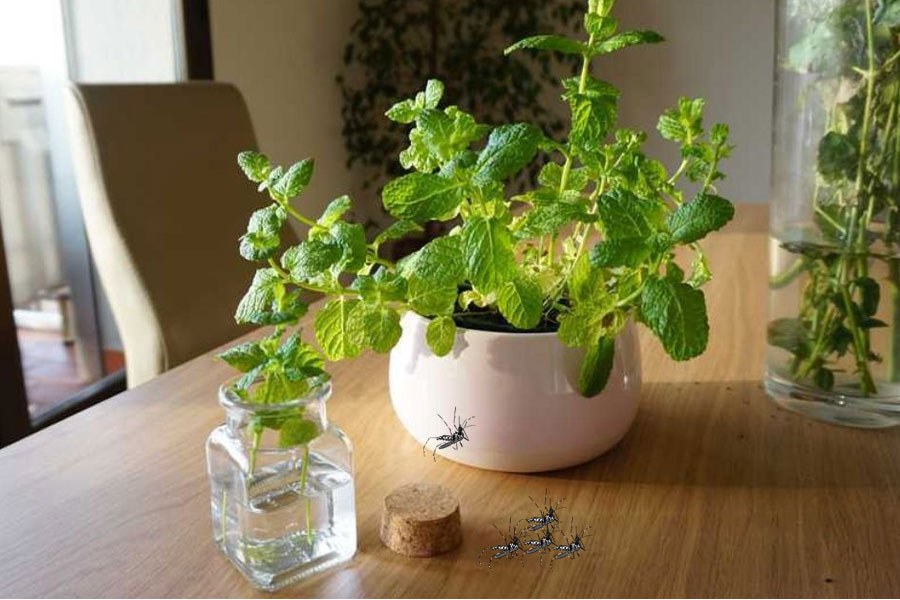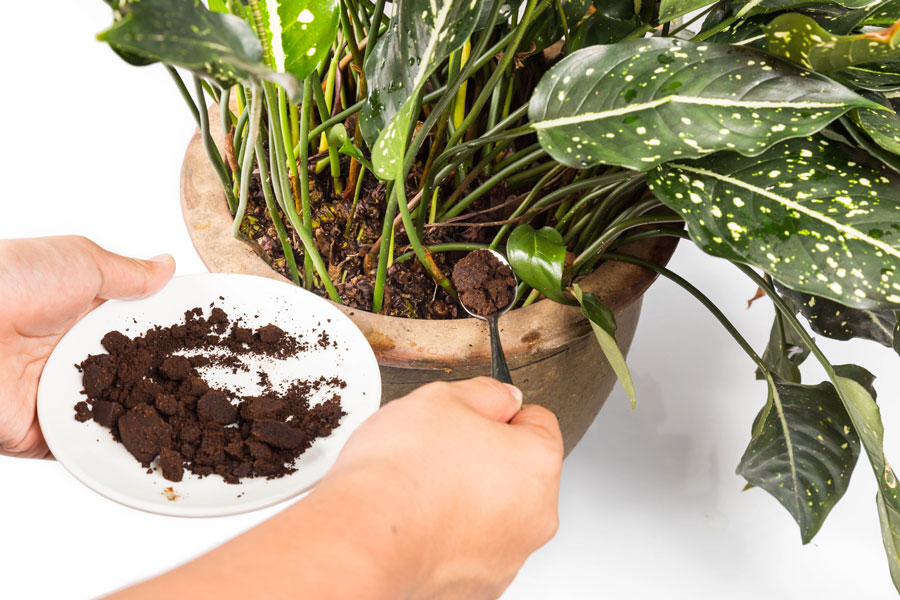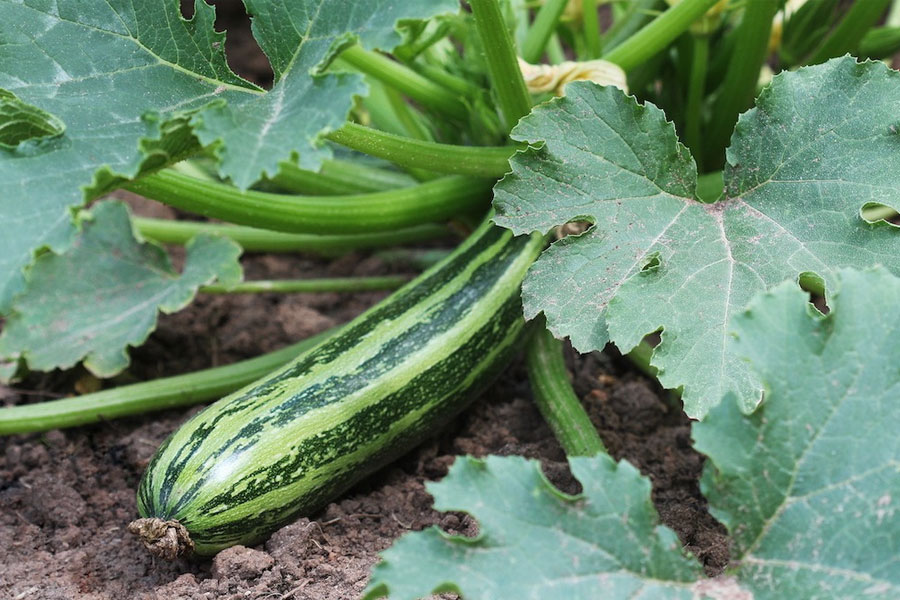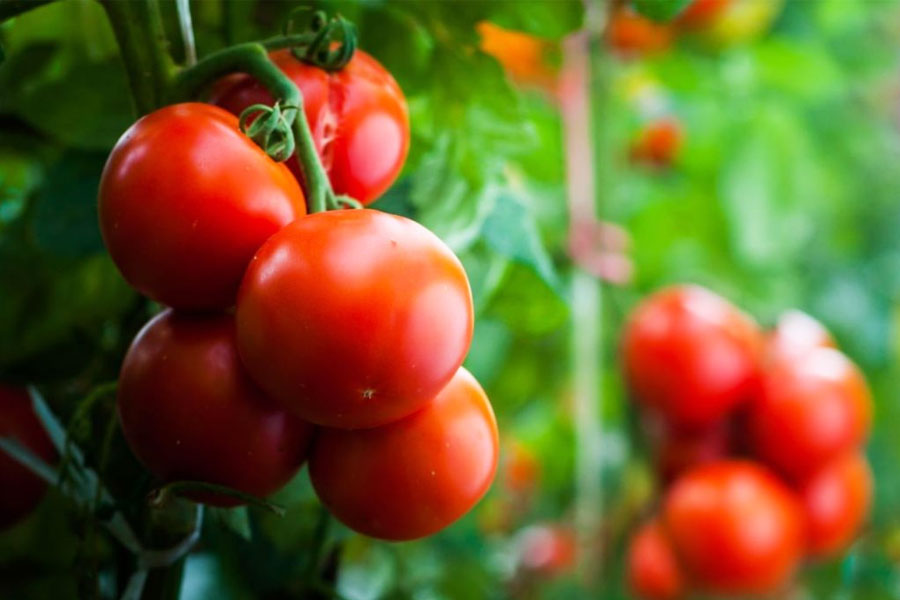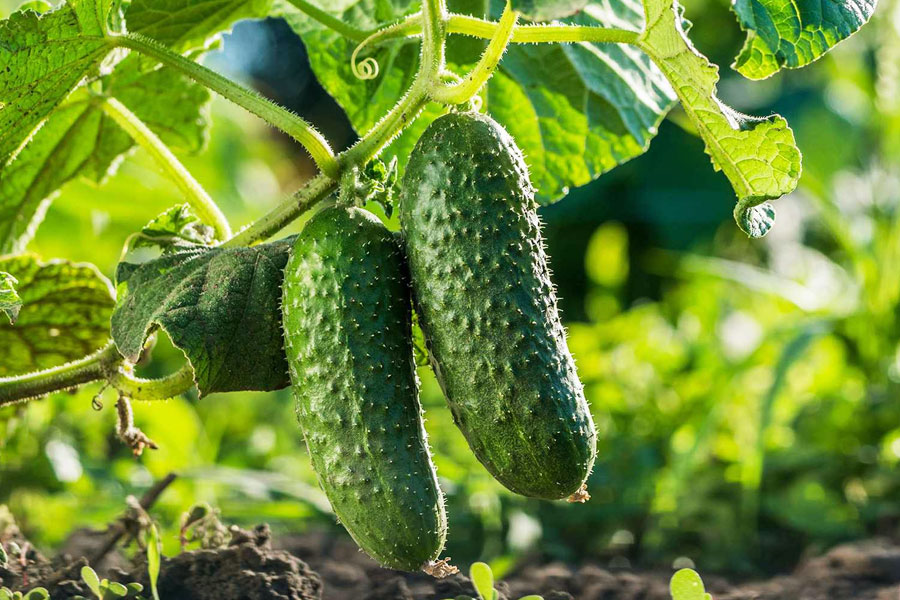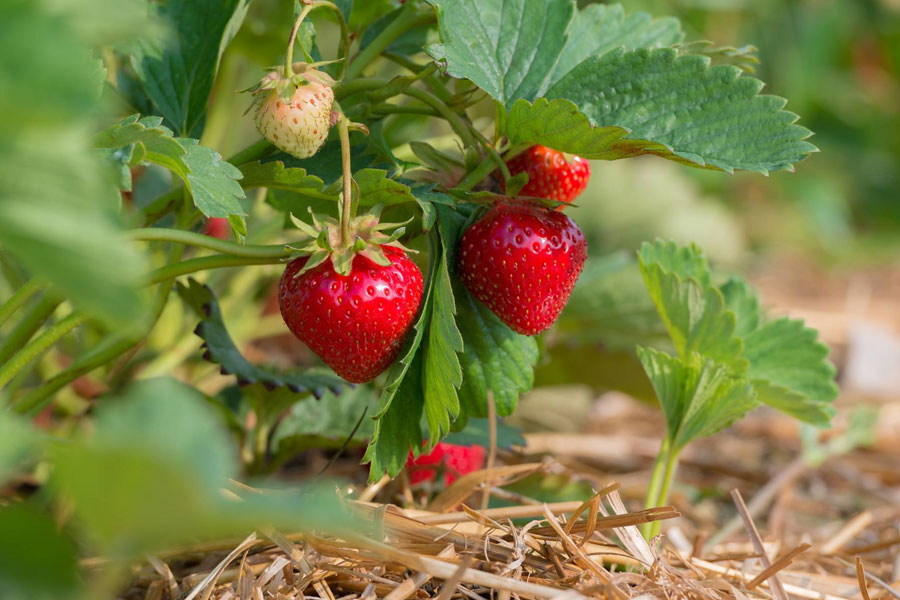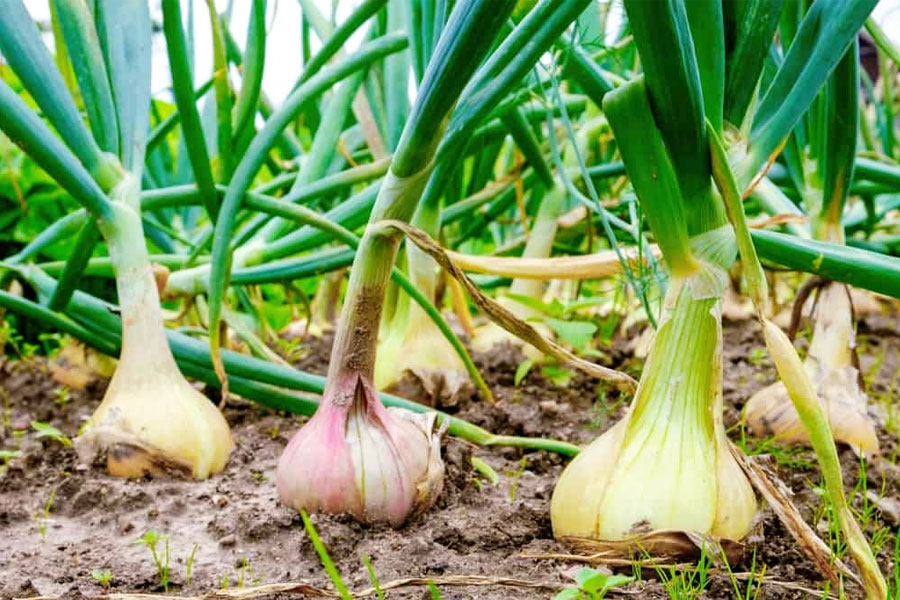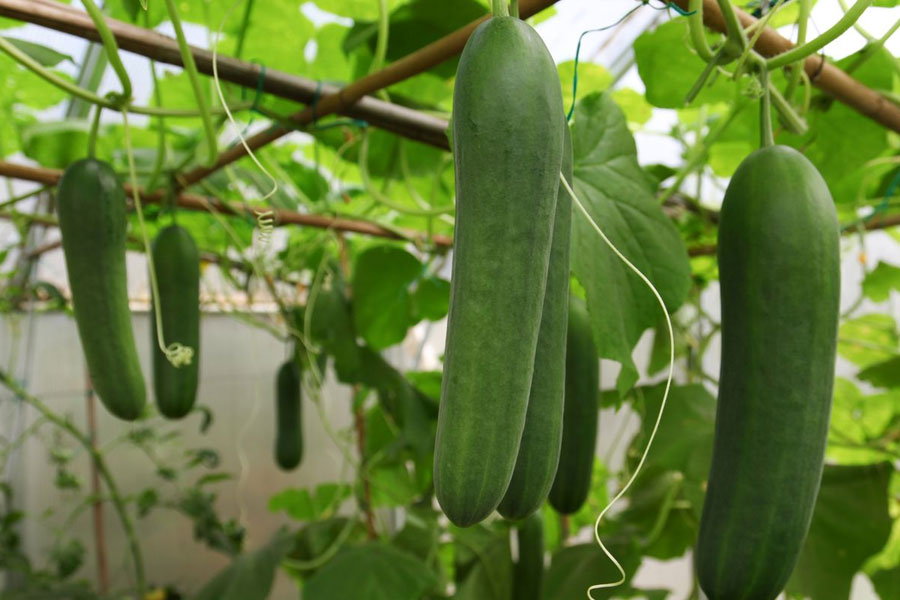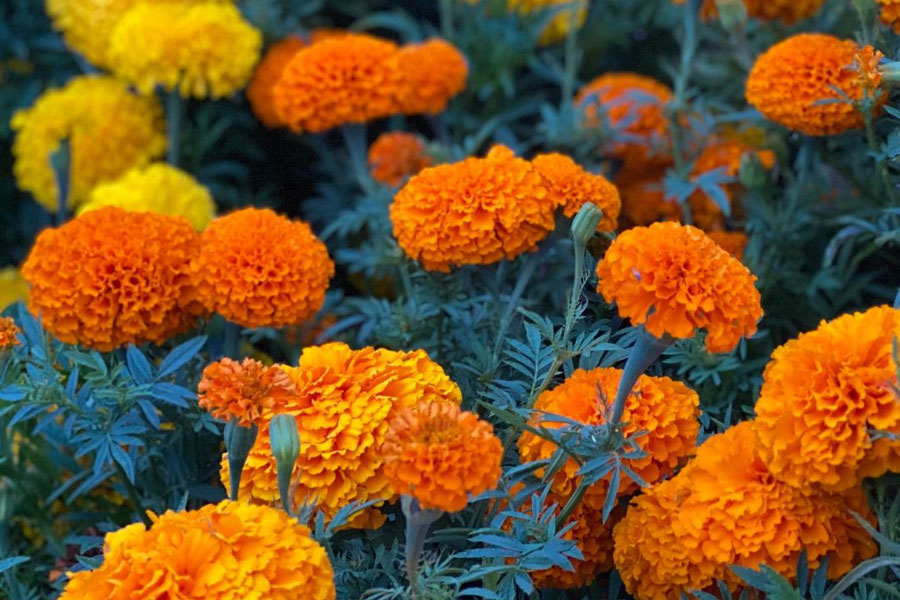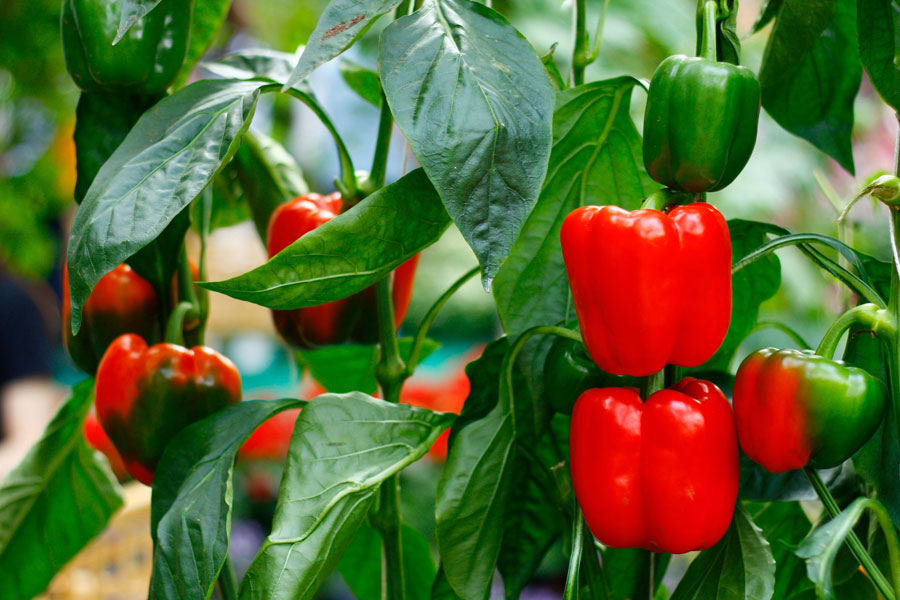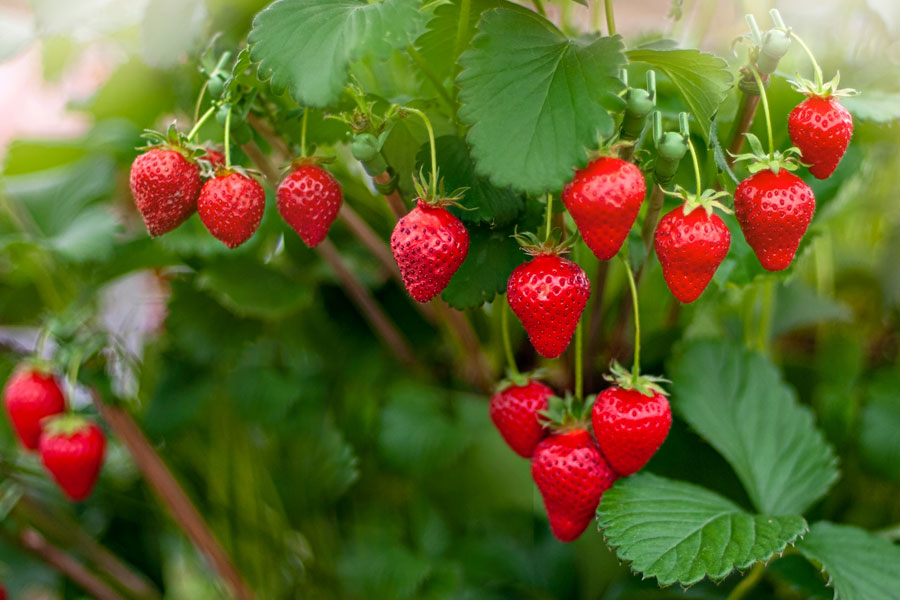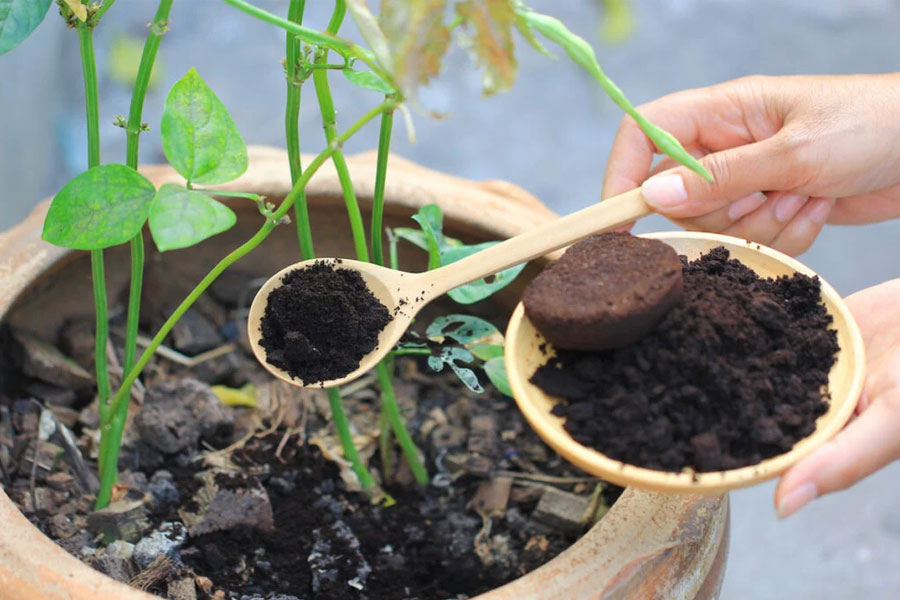
Who doesn’t love planting and wants to see their kids’ mean plants grow healthy? Plants need too many neutrinos to grow, and one needs to give all the protein to these to grow faster. There are many plants that love acidic soil to grow but on the other hand, many plants can’t survive in that situation and die. Coffee grounds are one of the organic supplements that can make your plants grow. There are some plants that love coffee grounds, but what plants don’t like coffee grounds? Here, we will discuss that, and through this article, you can know what plants you should use.
What Are Coffee Grounds?

Coffee grounds are the leftover parts that come from brewing coffee. After making coffee in a coffee machine, it comes with the finely ground particles of coffee beans. These things remain after the water has passed through them to extract the coffee flavor. These grounds are typically dark brown, moist, and have a rich coffee aroma. It contains many components such as nitrogen, phosphorus, potassium, trace minerals, carbon, and many more. These grounds contain a property of acidity, which is why there are many plants that grow faster and need to grow. But some trees can’t bear it. So, what plants don’t like coffee grounds?
Advantages and Disadvantages of Using Coffee Grounds for Plants
Advantages |
Disadvantages |
| Adds Nutrients: Coffee grounds add nitrogen, potassium, and magnesium to the soil, which are beneficial for plant growth. | pH Levels: Coffee grounds can be acidic, which may not be suitable for all plants. |
| Improves Soil Structure: Helps improve soil aeration and water retention. | Overuse Risk: Excessive use can lead to nutrient imbalance and hinder plant growth. |
| Pest Repellent: Can help deter pests like slugs and snails. | Mold Growth: Used coffee grounds can develop mold if not properly dried before use. |
| Compost Additive: Acts as a good green material in compost, aiding in the decomposition process. | Attracts Pests: Can attract pests like ants and flies if not properly managed. |
| Earthworm Attraction: Attracts earthworms, which help to aerate the soil and improve its structure. | Limited Nutrient Release: Nutrients are released slowly, which might not meet the immediate needs of some plants. |
Plants That Don’t Like Coffee Grounds?
Coffee grounds are often heralded as a great organic material for composting and soil amendment. But it is too crucial to recognize which plants are getting benefits from it and which are not. As Coffee grounds are rich in nitrogen and acid, they can’t suit all the plants. Fresh coffee grounds are acidic, with a pH around 5.5 to 6.5. However, their acidity decreases as they decompose. Additionally, coffee grounds can compact in the soil, creating a barrier that limits water and airflow to the roots, which can stunt growth and reduce fruit production.
So here are those plants that don’t like coffee grounds and can’t grow with that soil.
Tomatoes

Tomatoes are a popular garden plant, and most people love to use them in their regular meals. It contains high protein, but it is quite Sensitive to the addition of coffee grounds. The primary issue is that these are acidic. Tomatoes prefer a slightly acidic to neutral pH range (around 6.0 to 6.8). However, if it comes to question of fresh coffee grounds; these are quite acidic and potentially lower the pH to a level that is unfavorable for tomato plants. So, if one wants to use coffee grounds for planting Tomatoes, then one can use the used coffee grounds for safety.
Lavender

If you want to know What plants don’t like coffee grounds, then lavender can be one of your best answers. These plants do not appreciate the acidic nature of coffee grounds. To plant this herb, one must need well-drained neutral soil that contains much biotin to grow it faster. If you use coffee grounds in the soil, then the pH of the soil will be lower. It can create a problematic environment for lavender plants to grow. As a result, these may die early. Coffee grounds also increase nitrogen levels in the soil, which can also be problematic, as lavender prefers a relatively low-nitrogen environment.
Asparagus Fern

Asparagus ferns always prefer the low nitrogen soil which is why it doesn’t like coffee grounds. When you mix coffee grounds with the soil it basically increases the nitrogen level which can suffocate these trees. Every plant needs some nitrogen but the coffee grounds can be excessive. It can lead to burned foliage and stunted growth.
Cacti and Succulents

There are also many plants, like Cacti and succulents, that can only grow in low-nutrient soils. So, if you use coffee grounds, then you may face the same problems as Asparagus Fern. It is better not to use coffee grounds for many reasons. Firstly, these plants can grow only in well-drained soil, and on the other hand, these can increase moisture retention from coffee grounds and can lead to root rot. Secondly, as coffee grounds increase the nitrogen level, they are not suitable, and the last reason is the acidic nature of coffee grounds, which can alter the pH of the soil, making them less suitable for these plants.
African Violets

African violets can’t grow in the mixed coffee grounds soil as it is also sensitive to soil pH and can be adversely affected by the acidic nature of coffee grounds. Moreover, these are sensitive to changes in their growing medium, and coffee grounds can lead to nutrient imbalances and root burn due to high nitrogen levels.
Frequently Asked Questions
1. Do all plants benefit from coffee grounds?
No, not all plants benefit from coffee grounds. Some plants prefer neutral or alkaline soil, and coffee grounds can make the soil too acidic for them.
2. Which common garden plants do not like coffee grounds?
Common garden plants that do not like coffee grounds include tomatoes, clovers, and alfalfa.
3. Can coffee grounds harm houseplants?
Yes, coffee grounds can harm houseplants like succulents and cacti, which prefer well-draining soil and less acidity.
4. Are there any flowering plants that should avoid coffee grounds?
Yes, flowering plants such as lavender, cattleya, and marigolds do not thrive with coffee grounds due to their preference for less acidic soil.
5. How can I tell if my plant doesn’t like coffee grounds?
If your plant shows signs of yellowing leaves, stunted growth, or poor flowering after applying coffee grounds, it may not be suitable for that plant.
Conclusion
Yes, Coffee grounds are a valuable addition to the garden, but not beneficial to all plants. Sometimes used ones can be more perfect than not used ones. So before using it in the soil try to know What plants don’t like coffee grounds and then use them accordingly.

